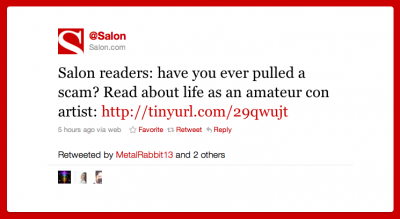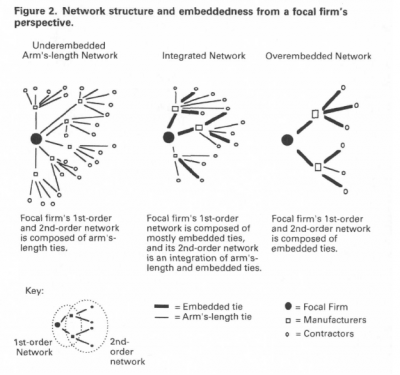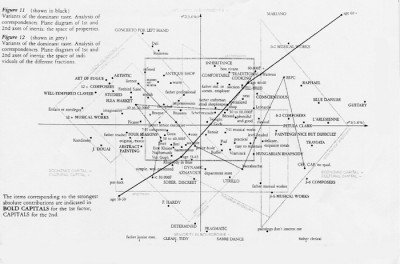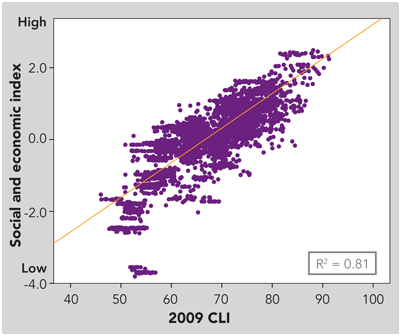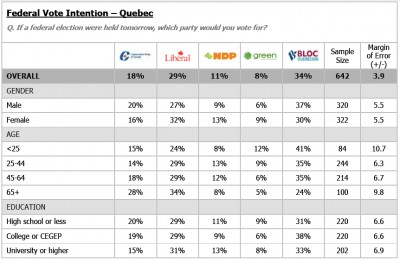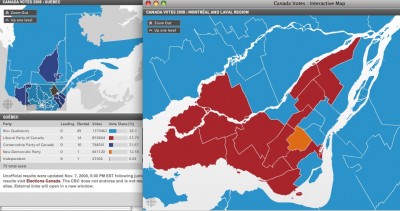Soon after the networks declared Donald Trump the winner of the 2016 presidential election, it became apparent that the Democratic party as we know it needs serious reform. Progressive luminaries wasted no time in offering autopsies and solutions for going forward. Bernie Sanders reiterated his claim for a political revolution. Elizabeth Warren reasserted her intention to challenge Wall Street excess. DNC chair hopeful Keith Ellison spoke of voter mobilization and community engagement.
The myriad of responses tend to be tied together by a tried and true Democratic party formula – economic populism. The response from these leaders is to provide a clearer message of standing against corporate capitalism by raising taxes on the wealthy, ensuring a living wage, providing free access to college and other noteworthy policies. These are all important elements of a new Democratic coalition, but how these policies are discussed and which of them are emphasized is an important determinant of their success.
While there are dozens of reasons for Hillary Clinton’s loss, a lack of economic populism was not one of them. Her policy positions very closely mirrored that of Bernie Sanders and Elizabeth Warren. Clinton’s policy shop painstakingly crafted proposals to help the middle and working class — from a minimum wage increase, to expanding the earned income tax credit, to offering universal pre-kindergarten. All these proposals were designed to help the very working families that turned their back to HRC en-masse.
Why did these policies fail to resonate? Some of the blame falls on poor messaging, or message confusion. But the deeper problem was the belief on the part of enough voters that Hillary Clinton “progressive economics” was just a kindler, gentler, top-down, globalism. Lots of voters surmised that Clinton wasn’t addressing what Ben Page and Martin Gilens found in their influential work on the connections between the wealthy and political elites. Voters on both the right and the left (unfairly) saw Hillary Clinton as a custodian of this system.
If a consensus is slowly building over the need to develop a sharper economic message, what should that message be? The natural response for the Democratic party is to adopt Bernie Sanders’ democratic socialist policy framing whole cloth. I think using this language is a bad and unnecessary idea. The party should adopt as a core principle the idea of democratizing capitalism or enacting policies that expand economic control over individual lives.
In many ways this is more a shift in message than in substance. Bernie Sanders’ plans to provide expanded higher education access and guarantees for individual health care are not simply “handouts” but tools that allow citizens to determine their own destines. But how progressives talk about these policies is as important as what they actually contain. Self-reliance and individual initiative are still deeply resonant core values in American society. Framing social welfare spending policy in terms of Democratic socialism primes many voters to view those policies as “handouts” even if they themselves might be key beneficiaries.
More importantly, framing college access or health care as socialist needlessly cedes rhetorical ground to the right. The terms “freedom” and “rights” are contested in political philosophy, but not in actual politics. The British philosopher T.H. Marshall notes that social rights (access to college, health care, etc.) are an essential part of individual human flourishing — true “freedom/liberty.” As a professor, I teach both sides of this coin as alternative visions of “the good life,” but in politics, concepts like freedom, liberty and capitalism are uncontested by Democrats. In our current political discourse, Democrats accede to Republicans the argument that corporatism equals freedom and state intervention equals socialist enslavement.
But language alone is not enough. Democrats need to emphasize policies that promote individual access to capital. One of Bernie Sanders most innovative (but least discussed) proposals was allowing the Post Office to provide banking services, thereby eliminating or significantly curtailing the predatory payday lending business. You can think of this policy as “government intrusion” into a private sector enterprise (payday lending) or as an effort to provide all Americans with easier access to the capital they need to thrive. Many small business owners have to take out credit card to invest in their start-ups because banks can make much more money through credit card rates and late fees. Regulatory schemes taht work to provide more access to voters might be fraught with unintended consequences, but the voting public should at least be given a clear alternative to deregulation and corporate rent-seeking as the only “free” position.
Progressives would be well served to reframe their policy agenda. Instead of calling it “universal health care” why not “health freedom.” Instead of “free college” why not “educational liberty.” Or how about calling the de-regulation of banks “economic tyranny”?
Democratizing capitalism is a message that can resonate with a wide swath of voters. Former Congressman Jack Kemp actually had interesting ideas about giving people in low-income housing projects the ability to purchase their homes. Teddy Roosevelt recognized that both government and corporate power could be tyrannical and destructive to individual freedom and need to be checked. We are in a populist moment. Identity politics and protecting the rights on marginalized groups is a key part of the Democratic party message, but in addition, the Democratic party has an essential role to play in offering a truly democratic alternative to corporatism.


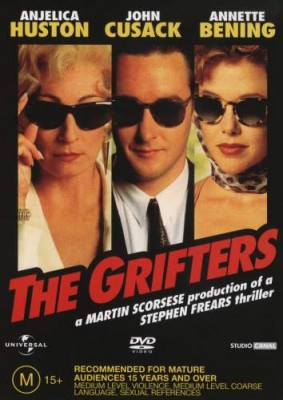 There are times when I feel Salon.com should be accompanied by a laughtrack or at least a wide assortment of humourous sound effects from
There are times when I feel Salon.com should be accompanied by a laughtrack or at least a wide assortment of humourous sound effects from 